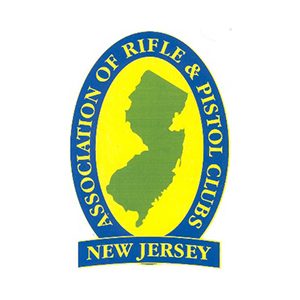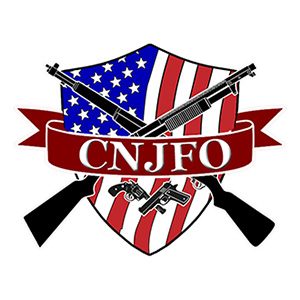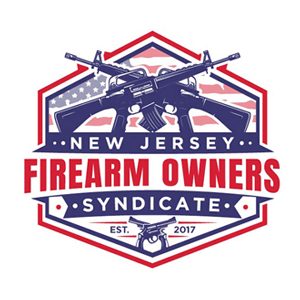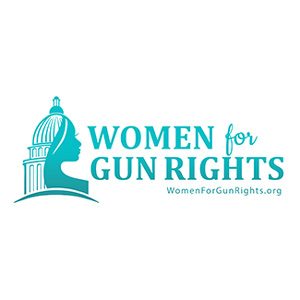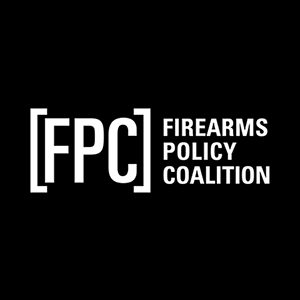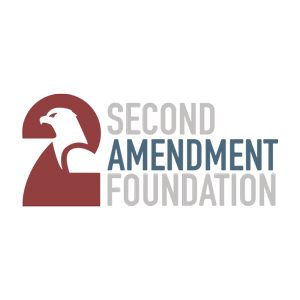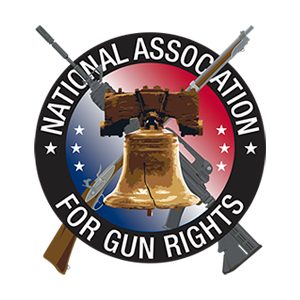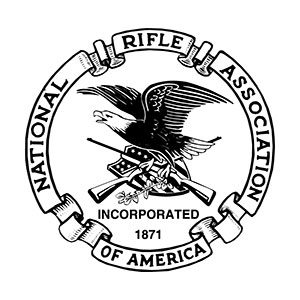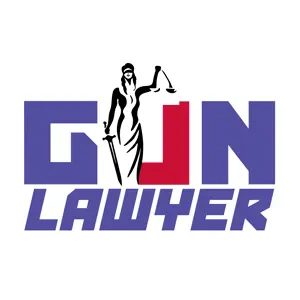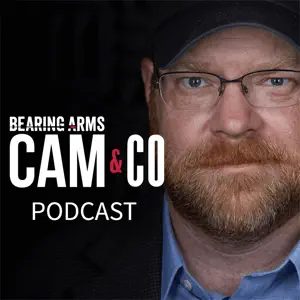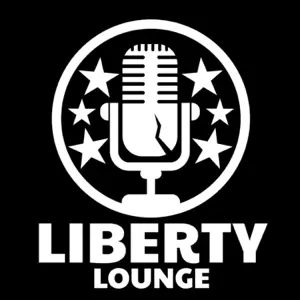
The Supreme Court, which rarely takes Second Amendment cases, has agreed to hear an important case addressing whether a state can presumptively ban all carry of firearms on private property held open to the public minus express permission.
On October 3, the Supreme Court granted a limited petition for a writ of certiorari in a case known as Wolford v. Lopez, which was last heard before the 9th Circuit Court of Appeals on September 6, 2024.
The case is a consolidation of three other cases, May v. Bonta, Carralero v. Bonta, and Wolford v. Lopez, which collectively challenge aspects of California and Hawaii’s Bruen-response bills that attempted to carve out so-called “sensitive places” where concealed firearms may not be carried.
The Supreme Court has granted a limited review restricted to only the first question presented in the petition: Whether the Ninth Circuit erred in upholding Hawaii’s rule that presumptively prohibits licensed individuals from carrying handguns on private property held open to the public (e.g., stores, restaurants, or businesses) without the property owner’s express consent, also known as the “affirmative consent” rule.
According to a post on Twitter by Assistant Attorney General Harmeet Dillon, the Department of Justice “filed a cert stage amicus brief to support this.”
The Supreme Court has been attentive to Hawaii’s anti-Second Amendment posture. In 2024, though it denied a request for review of a Second Amendment case coming out of Hawaii, it also took the time to reprimand the court for failing to apply the Bruen doctrine.


